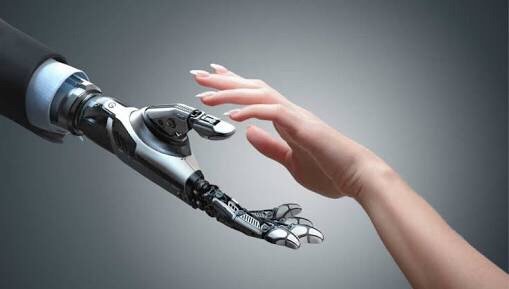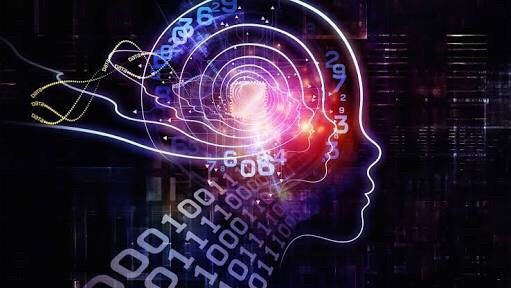The Relevance of Philosophy
Philosophy, like other utilitarian disciplines, may just be on its way to becoming a sought-after and lucrative field. An understanding of the theories of Socrates, Plato, Aristotle hasn’t really been the formula for becoming rich, but the story may soon change in a world that has witnessed the launch of biotech, intelligence and big data.

For instance, in manufacturing autonomous vehicles, it may be important to put the philosophical trolley problem into consideration. This problem is illustrated by a runaway trolley on the path to killing a group of people, or when intervened with and the course is changed, it kills just one person. With the emergence of autonomous cars, the philosophical dilemma becomes one which programmers have to put into consideration.
In the field of biotech, even though it’s still quite early, specific biochemical algorithms with controlling capacity have been discovered. In his recently published book, Yuval N. Harari wrote that feelings are some types of biochemical mechanisms used by mammals as well as birds that helps them rapidly calculate the probabilities of reproduction and survival.
He added that feelings are not intuition-based, freedom-based or inspiration-based, but they are calculation-based. Harari argues that in the presence of sufficient biometric data as well as computing power, it will be possible for systems to hack human decisions, opinions and desires.
Changing Trends
Also, the potentials avaliable with neuroscience and its influence in the two-phased argument between the place of nurture or nature on the development of a person are not new. To that, engineers have begun to work on software capable of detecting human emotions. Their approach to this is from the scientific perspective and they do not consider the likely ethical dilemmas that may arise. For instance, recent reports show how a study conducted by Stanford University was able to use AI technology to determine the sexual orientations of different people just upon an analysis of headshots. The robot gave alarmingly accurate guesses.
The researchers were able to show how a robot was able to classify straight and gay men 81% accurately and straight and gay women 71% accurately with only one of the subjects’ image. The sample for the study was over 35,000 images gotten from an undisclosed online dating site.
Harari in his book highlighted a possible scenario where Kim Jong-Un, the leader of North Korea, will be able to use these biometric sensors to detect signs indicating that a citizen is discontented. For instance, this could be demonstrated by an increase in blood pressure or increase in the amygdala’s activity upon the sight of the leader’s picture.
China has reportedly introduced a social credit mode of operation which is data driven to ensure that the citizens are trustworthy and honest. The system ranks them by their behavior which is either bad or good, and gives punishments or rewards based on their performances. This is a way of using algorithms for the maintenance of honesty in the people.

The system makes use of the big data tech to collate information on the citizens, analyze the information gotten in order to rate their behavior such as their personal conduct and financial creditworthiness. For its operation, the system will connect about thirty seven government agencies and departments that have commercial aspect through PBOC and the Finance ministry. It will also use the transport, urban rural development, housing ministries and FDA.
Issues Arising
The combination of data with biotech will give rise to more issues, and the most critical is the ownership and the control of the data acquired. There is a need to embrace invention, innovation and the benefits it offers to general wellbeing and health. However, it is also necessary to see things from the nihilistic perspective at every point in time.
The challenges encountered by people who do not have economic or job security in an era when technology is doing away with their skills have been linked to the surge in populism. Harari highlighted the problem as the fact that the democracy in the current form lacks the ability to survive the merger between infotech and biotech. When algorithms become so familiar with humans, all processes, applications and requests from health insurance to bank loans will no longer be controlled by man but by algorithm.

The above coupled with the ability to predict, monitor and even influence human emotions are reasons why philosophers debate technology. To them, the fact that it is possible to do a thing isn’t enough justification for doing it.




